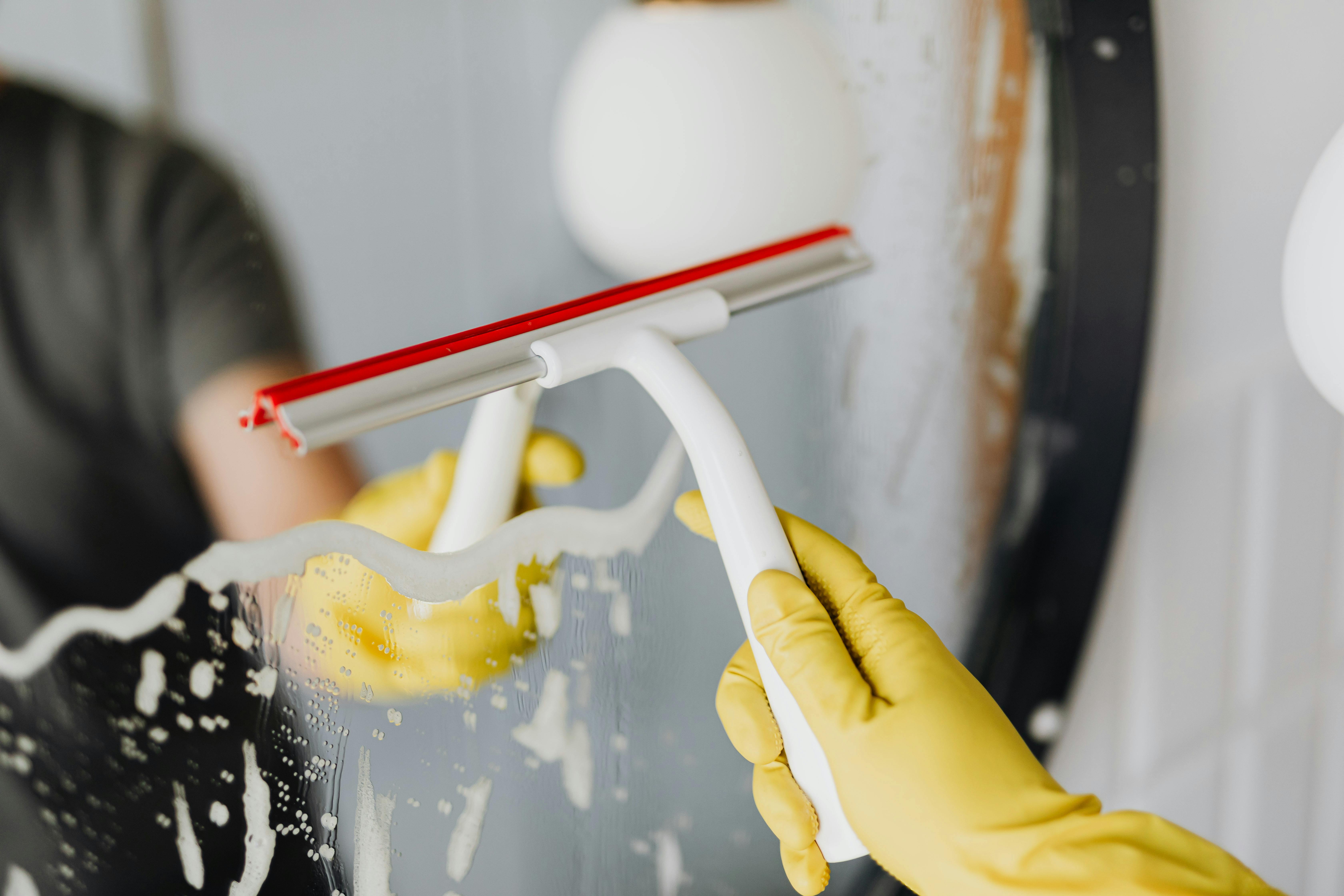Using distilled water for hydroponics is becoming increasingly popular, as it has the potential to provide a more reliable and consistent grow environment for your plants. Distilled water is essentially pure water that has had all impurities and minerals removed from it. This makes it ideal for hydroponic systems as these minerals can interfere with the pH balance of the nutrient solution, which can be detrimental to the plants in your system. In this article, we will discuss some of the benefits of using distilled water for hydroponics, as well as some potential drawbacks.Distilled water is water that has been boiled and then evaporated to remove any contaminants or impurities. It is then condensed back into a liquid form. It has many benefits for hydroponics, including providing a clean source of water for the plants, eliminating the need for chemical fertilizers, and reducing the risk of disease and pests. Distilled water also helps to reduce the occurrence of mineral buildup in hydroponic systems, which can lead to nutrient deficiencies in plants. Additionally, it can help improve plant growth overall by providing an optimal pH level for the roots and more uniform nutrient absorption.
Is Distilled Water Better Than Tap Water for Hydroponics?
The quality of water used in hydroponics can make a huge difference in the health and growth of a hydroponic garden. Tap water is generally not ideal for hydroponics, as it can contain contaminants and minerals that may be harmful to the plants. Distilled water, on the other hand, is free of these contaminants and minerals, making it an ideal choice for hydroponic gardening.
Distilled water is created by boiling tap water and collecting the steam from the boiling process. The steam is then condensed back into liquid form and collected in a separate container. This process removes impurities such as minerals, chemicals, and bacteria from the water, leaving only pure H2O behind.
Using distilled water for hydroponics has several advantages over using tap water. Since it is free of contaminants, it will not introduce any unwanted minerals or chemicals into the system that could harm your plants. Additionally, it will not contribute to any build up of mineral deposits in your system that could cause clogging or other issues. Using distilled water for hydroponics presents several potential risks and drawbacks. One of the main concerns is that distilled water lacks essential nutrients and minerals. These nutrients are necessary for plants to thrive, and without them, the growth of the plants will be stunted or slow. Additionally, distilled water does not contain any beneficial bacteria or other microbial life which can help improve soil fertility. Another risk associated with using distilled water for hydroponics is that it can become very acidic or alkaline over time due to evaporation and absorption of minerals from the soil. This can create an environment that is hostile to plant growth, leading to poor yields and unhealthy plants. Finally, using distilled water for hydroponics requires extra effort to ensure that essential nutrients are added back into the system. This involves more time and money spent on purchasing fertilizers and supplements to keep plants healthy. Without these supplements, plants may suffer from nutrient deficiencies which can affect their growth and yield negatively. Overall, while using distilled water for hydroponics may be convenient in some cases, Distilled water is a great choice for hydroponics as it is free from any kind of contaminants. Unfortunately, buying distilled water can be costly and may not be readily available in all areas. Fortunately, you can make your own distilled water at home with just a few simple items. Here’s how: Start by gathering the items you need to make your own distilled water. You will need a large pot or container that can hold several gallons of water, a lid that fits the pot, a smaller container to fit inside the larger one, food-grade plastic tubing and an ice-cold water source. Fill the large pot or container with tap water until it is about two-thirds full. Put the smaller container inside the larger one and place the lid on top of it. The lid should have holes in it so that the tubing can be inserted. Attach one end of the tubing to the cold-water source and then feed it through one of the holes in the lid so that it goes into the smaller container inside the larger one Measuring parts per million (PPM) of distilled water for hydroponics is an essential part of running a successful hydroponic system. The PPM measurement helps to determine the nutrient levels in the water, which are essential for healthy plant growth. Knowing the exact PPM levels of your water is also important for troubleshooting any potential problems with your system. There are a few different ways to measure PPM, but the most accurate and reliable way is by using a TDS (Total Dissolved Solids) meter. A TDS meter is an electronic device that measures the total amount of dissolved solids in a liquid. It works by passing an electrical current through the solution, and then measuring how much electrical resistance is created by the dissolved particles in the solution. The higher the PPM level, the more resistance that will be created. The TDS meter will then display a reading that can be used to determine exactly how many parts per million are present in your water. Using a TDS meter to measure PPM There are many alternatives to using distilled water for hydroponics, including the use of rainwater, reverse osmosis filtered water, or even purified tap water. Rainwater is often the most natural and cost-effective option for gardeners, as it is free and can be collected easily with a rain barrel. The pH levels can also be adjusted if needed. Reverse osmosis filtered water is also a good choice for hydroponic systems due to its ability to remove undesirable minerals and contaminants from the water. It also has a neutral pH level, which is ideal for hydroponic systems. Purified tap water can also be used in hydroponic systems if the pH levels are adjusted accordingly. This type of water is usually treated with chlorine or other chemicals to make it safe for drinking, but these chemicals may not be ideal for plant growth. It is important to keep in mind that while these alternatives may offer some benefits over distilled water, they may not always provide the same results as distilled water does. For this reason, it is important to understand the specific needs of your plants before deciding Distilled water is often used in hydroponics, as it contains few or no minerals or other contaminants that could potentially cause problems in hydroponic systems. Although distilled water can be an effective choice for hydroponics, it is important to take certain precautions when using it. The most important precaution when using distilled water in hydroponics is to ensure that the pH of the solution remains balanced. Without proper pH balancing, the nutrients in the solution may not be properly absorbed and utilized by the plants. It is also important to supplement the distilled water with the appropriate fertilizers and micronutrients to ensure optimal growth. Additionally, it is important to monitor the electrical conductivity (EC) of the solution regularly, as too low of an EC can cause nutrient deficiencies and other issues. Distilled water typically has a very low EC, so it is important to adjust it accordingly by adding fertilizers and other nutrients as needed. It is also important to keep a close eye on any potential signs of disease or pests that may arise in a hydroponic system with distilled water. P Yes, chlorinated tap water can be used in hydroponic systems. However, it is important to make sure that the chlorine levels are not too high, as this can be harmful to the plants. Additionally, it is best to let the water sit for a few days before using it in a hydroponic system in order to allow some of the chlorine to evaporate. If there is a high level of chlorine still present in the water after allowing it to sit for several days, it can be filtered out using a carbon filter or by adding a dechlorinating agent. In general, it is much safer and more efficient to use filtered or distilled water for hydroponic systems, but chlorinated tap water can also be used with proper precautions. Chlorine can kill bacteria and other microorganisms that are harmful for plants when they enter the hydroponic system. This is beneficial as long as there is not too much chlorine present. If there is an excessive amount of chlorine in the water, however, it can cause damage to plant roots and leaves and may even lead to plant death Distilled water is often recommended as the water of choice for hydroponic systems. It is a low-cost, easy-to-find option that can be used to provide the necessary nutrients to your hydroponic plants. It has a neutral pH level, which makes it ideal for use in hydroponics and helps to prevent nutrient lockout. It is also free from minerals and other impurities that can damage your plants or affect their growth. However, using distilled water for hydroponics may not always be necessary or practical, and other water sources may be more suitable for some applications. Ultimately, the choice of what type of water to use should be based on the specific needs of your hydroponic system and the type of plants you are growing. No matter what type of water you decide to use for your hydroponics system, it is important to remember that proper nutrient management is key for any successful hydroponic setup. Regularly testing and adjusting your nutrient levels will help ensure that your plants are getting all the nutrients they need to thrive.
How to Make Distilled Water at Home for Hydroponics?
Measuring PPM of Distilled Water for Hydroponics

What Are the Alternatives To Using Distilled Water For Hydroponics?
Precautions When Using Distilled Water for Hydroponics
Can Chlorinated Tap Water be Used in Hydroponic Systems?

Conclusion

